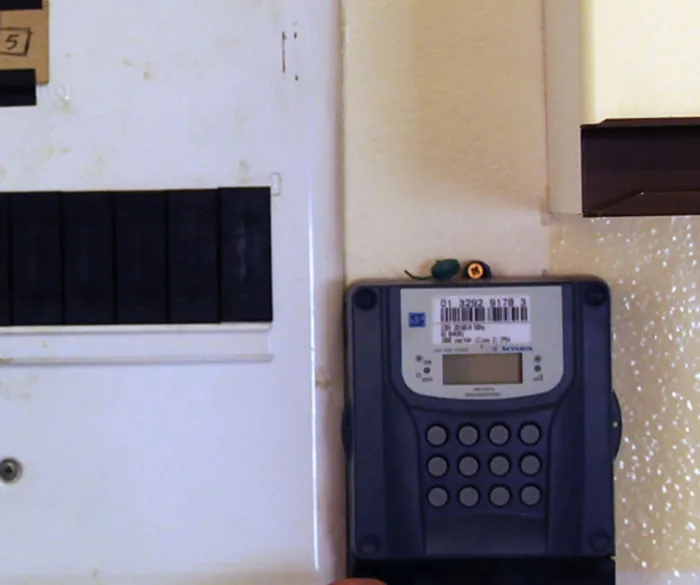Thousands of bypassed meters cost council millions

Most of the prepaid meters had been bypassed, resulting in a loss of revenue to the municipality and an increase in electricity losses.
Electricity fraud is costing the Msunduzi Municipality in Pietermaritzburg millions of rand each month as thousands of its prepaid electricity meters have been bypassed.
The municipality revealed that it is facing a challenge with the prepaid meters, saying only about 60% of its 40 000 prepaid meter customers are buying electricity.
Acting municipal manager Neli Ngcobo said most of the prepaid meters had been bypassed, resulting in a loss of revenue to the municipality and an increase in electricity losses.
“The municipality is currently conducting a council-wide meter audit.
Any meter found to have been tampered with is removed and a tampering penalty charged.
“The owners are then required to come to the municipality to apply for the reinstatement of services.”
Ngcobo said that apart from the audit the municipality was currently running a tampering amnesty campaign in terms of which customers who had tampered with municipal infrastructure were urged to approach the municipality and voluntarily participate in this programme.
Upon application and approval, the meter will be changed and the tampering fees be waived on the basis that the customers will continue to buy the prepaid electricity tokens and not tamper with the meter again.
The acting city manager said, “The municipality still has the indigent programme where approved beneficiaries receive 70kwh of free electricity per month.
“The municipality is also obtaining updated consumer information to update the contact details and database for prepaid customers.”
City councillors and ratepayers said the situation cannot be tolerated as the municipality is losing millions of rand each month. This, in turn, could impact on those who are paying as tariffs could be increased to cover the losses caused by the theft.
ACDP councillor in Msunduzi Municipality, Reinus Niemand, said they had asked for a breakdown of each ward.
He said a report tabled before them had shown that 25 000 of the 40 000 meters were non-vending and this was costing the City R1 million each month.
“The ACDP is alarmed by the surge in illegal electricity connections in Msunduzi. Over the past few years, thousands of meters have been tampered with. The City loses R1 million-plus in revenue.
“Conventional account-based electricity is not much better. The City has billions owed to it.
“To make up for these losses excessive tariff increases are then forced onto the paying public,” he said.
Niemand said the City’s credit control policy was clear but deliberately ignored. The City could punish those bypassing meters by disconnecting the supply and then forcing the culprit to pay for the period during which they were stealing before being reconnected, he said.
The ACDP councillor said non-technical losses, mainly driven by illegal connections and meter tampering, are placing the City on a downward spiral in terms of finances and service delivery.
“In addition to the financial impact, illegal connections are very dangerous.
“The ACDP calls on the provincial and national government to intervene and save a municipality that, despite having been under administration for six years, continues deteriorating, impacting on service delivery and any prospect of financial recovery,” he said.
Chairperson of the Msunduzi Association of Residents, Ratepayers and Civics (MARRC), Anthony Waldhausen, said it was a serious concern that the municipality was failing to address.
The municipal credit control policy states that the person who tampered with a meter must be charged criminally with the meter removed and the loss estimated and charged to the person, but the City was not acting, Waldhausen said.
“(That) none of this is done simply means that the (tariffs are increased for) the law-abiding public to subsidise those not paying.
“This is daylight robbery and it cannot continue with business as usual.
“MARRC will follow up with the MEC of Cogta (Co-operative Governance and Traditional Affairs) to take action,” he said.
The Mercury
Related Topics: